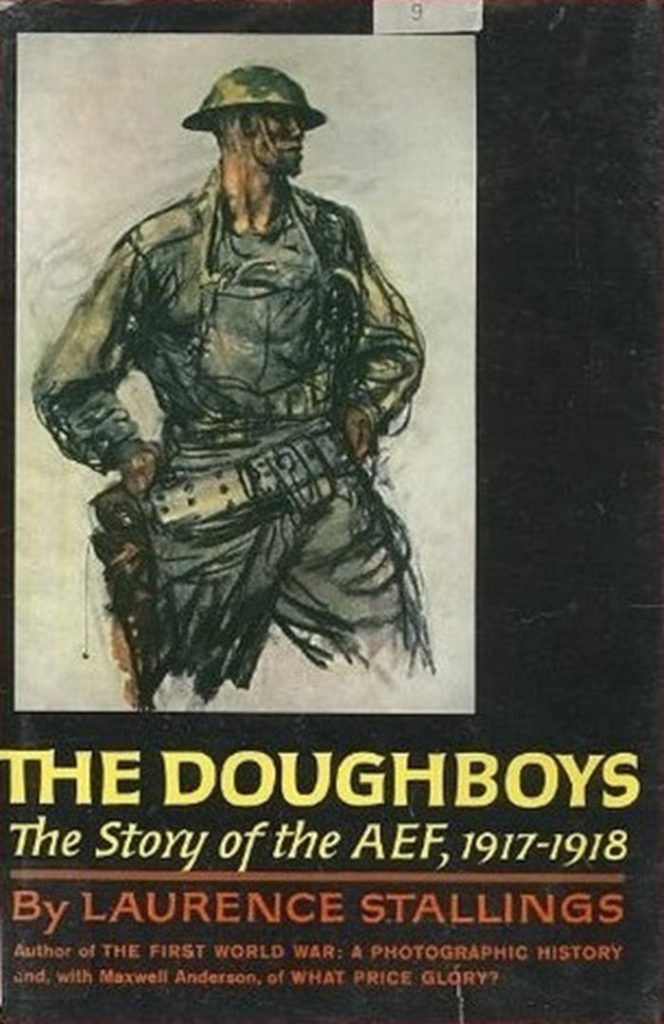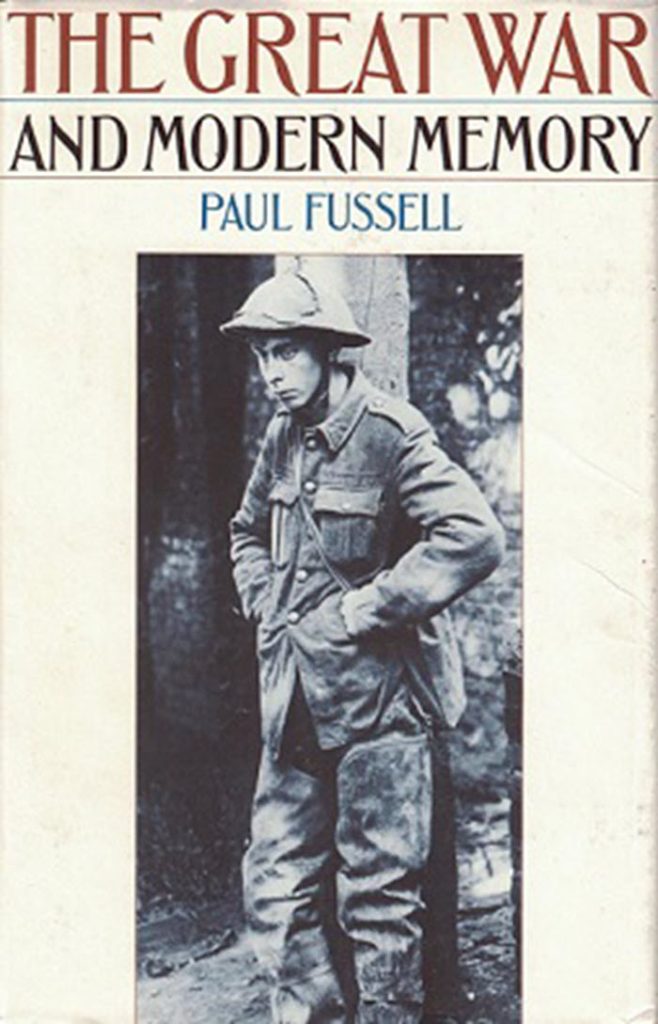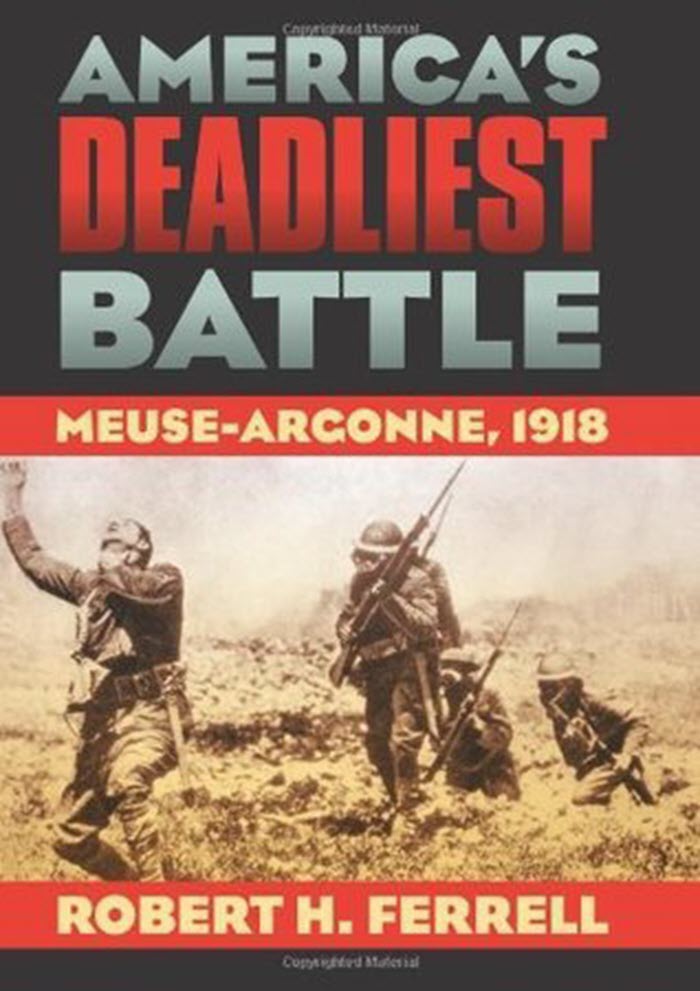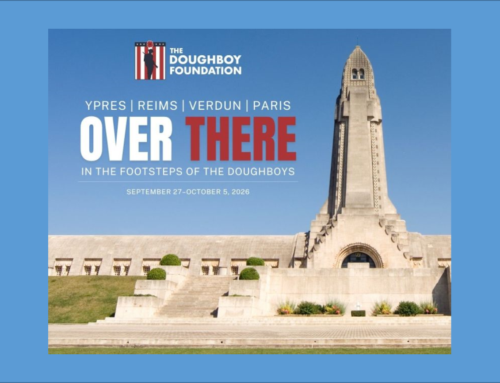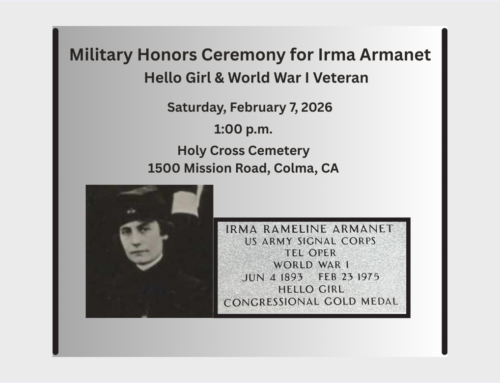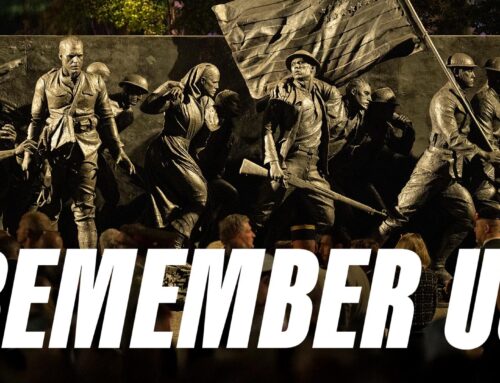Essential Reads: 11 Books That Shaped Our Understanding of U.S. Involvement in WWI
Published: 15 August 2025
By Nelle Ferrera
via the Country Adventures website
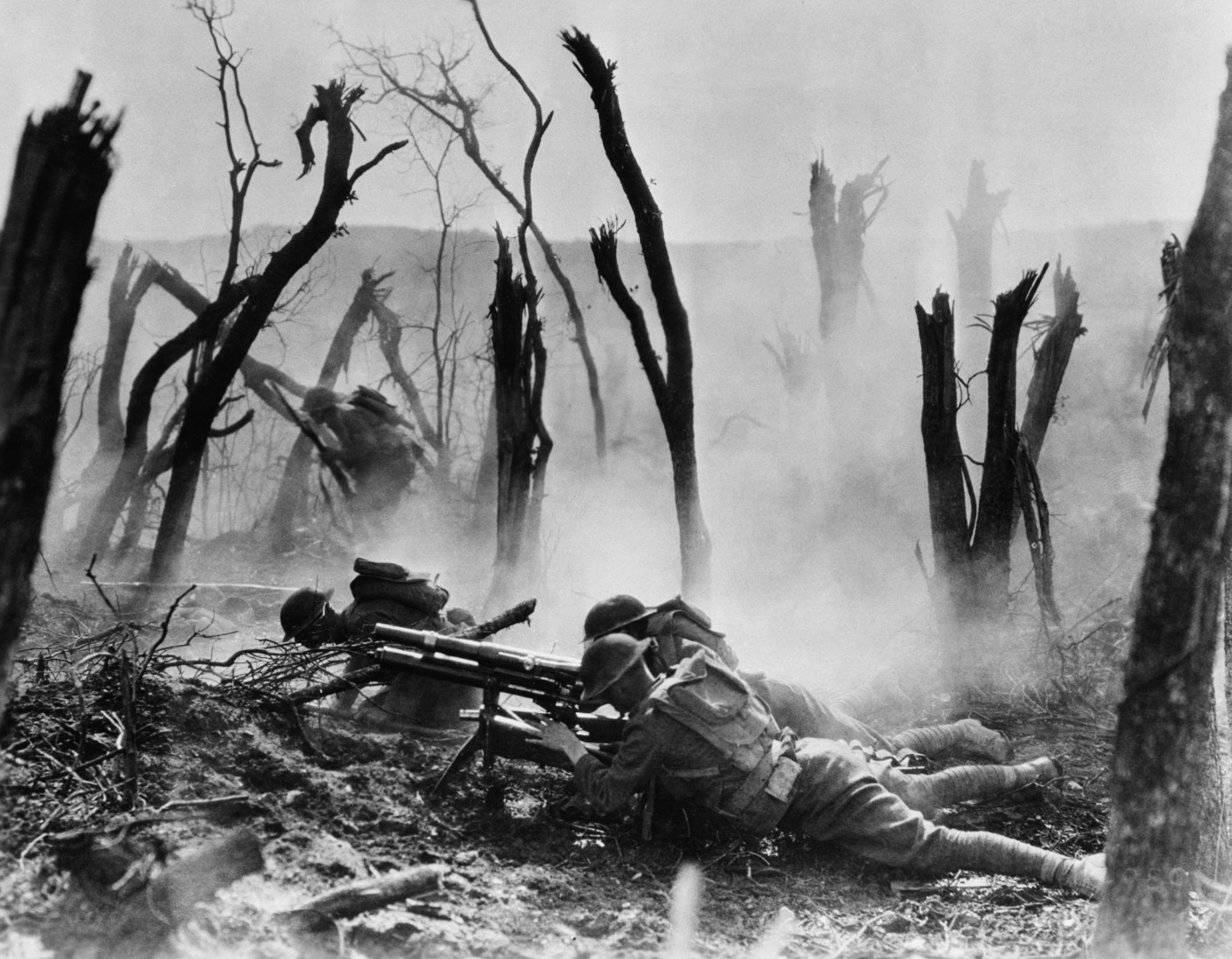
00-American-soldiers-firing-on-German-Meuse-Argonne-1918
American soldiers firing on Germans during the battle of Meuse-Argonne in 1918.
Turn your attention to the groundbreaking works that shaped how generations understand America’s role, sacrifices, and shifting perspectives during the First World War.
World War I forever altered America’s place in the world, and the books written about its involvement have shaped our understanding for generations. From firsthand accounts in muddy trenches to sweeping analyses of political transformation, these works reveal the complexities and consequences of America’s entry into the Great War. Here are eleven of the most influential books that capture the depth and drama of the American experience in World War I.
1. The Doughboys: The Story of the American Expeditionary Forces
Laurence Stallings brings readers into the lives of the American soldiers who crossed the Atlantic to fight in Europe. Through vivid storytelling and authentic voices, Stallings reconstructs the journey from recruitment camps to the bloody fields of France, highlighting the courage and struggles of the so-called “Doughboys.” The book explores not just the battles, but also the camaraderie, fears, and hopes that defined the American experience, according to Kirkus Reviews.
Readers will find that Stallings highlights the transformation of ordinary men into soldiers. By drawing on letters, diaries, and interviews, he paints an intimate portrait of how World War I shaped a generation of Americans and their nation.
2. The Great War and Modern Memory
Paul Fussell’s groundbreaking study explores how World War I, including America’s participation, transformed cultural memory and literature. Fussell analyzes the writings of soldiers, poets, and novelists to reveal how the horrors of the trenches reshaped perceptions of heroism, honor, and modernity. He argues that the war marked a turning point in how societies understood conflict and its aftermath.
Fussell’s analysis of American writers and their responses to the war adds depth to his primarily British focus, as reviewed by Patrick T. Reardon. The book explores how the war’s trauma influenced American literature and collective memory, making it essential for anyone interested in the cultural legacy of World War I.
3. America’s Deadliest Battle: Meuse-Argonne, 1918
In his account of the Meuse-Argonne Offensive, Robert H. Ferrell brings to life the largest and deadliest battle fought by American forces in World War I. Ferrell details the planning, execution, and human cost of the campaign, which played a decisive role in ending the conflict. He draws on official records, personal narratives, and battlefield analysis to reconstruct the chaos and heroism of the offensive.
Ferrell’s narrative blends strategy with the experiences of individual soldiers, as described by Project MUSE. The book highlights logistical challenges, leadership decisions, and moments of bravery that defined the battle.
→ Read the entire article on the Country Adventures website here:
External Web Site Notice: This page contains information directly presented from an external source. The terms and conditions of this page may not be the same as those of this website. Click here to read the full disclaimer notice for external web sites. Thank you.
